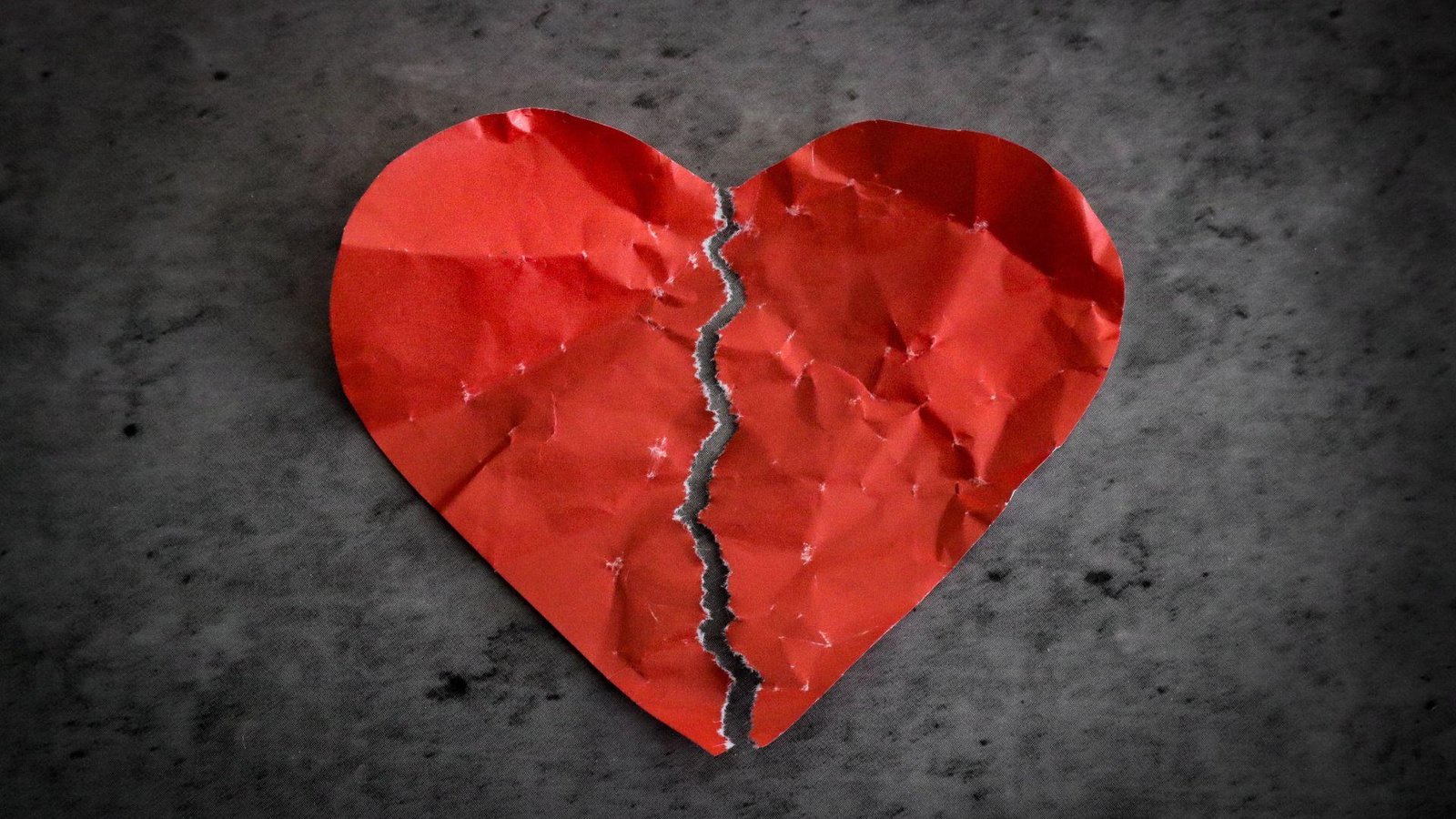Divorce is a significant life event that can profoundly affect an individual’s emotional and psychological well-being. It marks the end of a significant relationship and often brings about substantial changes in daily life, relationships, and self-perception. One of the most common and challenging emotional responses to divorce is depression. Understanding the dynamics of depression after divorce is crucial for those experiencing it and for their support networks.
The Emotional Impact of Divorce
Divorce is often accompanied by a complex mix of emotions: sadness, anger, fear, relief, and confusion. The dissolution of a marriage can lead to a profound sense of loss, similar to the grieving process experienced after the death of a loved one. This sense of loss encompasses not only the partner but also the shared dreams, routines, and future plans. The emotional impact can be overwhelming, leading to feelings of loneliness and abandonment.
Understanding Depression After Divorce

Depression after divorce is a specific type of depression that arises in response to the end of a marital relationship. It can manifest in various ways, including persistent sadness, hopelessness, fatigue, changes in appetite and sleep patterns, difficulty concentrating, and loss of interest in activities once enjoyed. These symptoms can significantly impair an individual’s ability to function daily. Several factors contribute to the onset of depression after divorce :
- Emotional Trauma: The end of a marriage can be traumatic, especially if the divorce was contentious or unexpected. The emotional pain of separation can trigger depressive symptoms.
- Loss of Identity: Many people identify themselves through their marital roles (spouse, parent, partner). Divorce can lead to a loss of this identity, causing a sense of disorientation and purposelessness.
- Financial Strain: Divorce often brings financial challenges, such as dividing assets, legal fees, and adjusting to a single income. Financial insecurity can exacerbate feelings of anxiety and depression.
- Social Isolation: Marital separation can lead to social isolation. Friends and family may take sides, or social circles may change, leaving the individual feeling unsupported and alone.
- Custody Issues: For those with children, custody battles can be particularly stressful and emotionally draining, adding to the overall burden of the divorce.
Coping with Depression After Divorce
Managing depression after a divorce requires a multi-faceted approach. Here are some strategies that can help:
- Seek Professional Help: Therapy can be incredibly beneficial for those going through a divorce. A therapist can provide a safe space to express emotions, process the trauma, and develop coping strategies. Cognitive-behavioral therapy (CBT) is particularly effective in addressing negative thought patterns associated with depression.
- Build a Support System: Surrounding oneself with supportive friends and family is crucial. Support groups for divorced individuals can also provide a sense of community and understanding from those who have experienced similar challenges.
- Prioritize Self-Care: Taking care of one’s physical health can have a positive impact on mental health. Regular exercise, a healthy diet, and sufficient sleep can help manage symptoms of depression. Engaging in activities that bring joy and relaxation, such as hobbies or spending time in nature, can also be beneficial.
- Set Realistic Goals: Setting small, achievable goals can provide a sense of accomplishment and purpose. This could be as simple as cleaning the house, going for a walk, or reconnecting with an old friend.
- Mindfulness and Meditation: Practices like mindfulness and meditation can help manage stress and reduce symptoms of depression. These practices encourage living in the present moment and can provide a sense of calm and clarity during turbulent times.
- Explore New Interests: Divorce can provide an opportunity for self-discovery and personal growth. Exploring new interests and activities can help redefine one’s identity and bring new joy and satisfaction.
The Role of Social Support
Social support plays a pivotal role in helping individuals navigate the emotional landscape of divorce. Family and friends can provide practical assistance, such as childcare or financial support, as well as emotional support. It is important for those going through a divorce to communicate their needs and accept help when offered.
Children and Depression After Divorce
When children are involved, the emotional complexity of divorce increases. Children may experience their own forms of grief and depression, and it is crucial for parents to be attentive to their emotional needs. Open communication, reassurance, and maintaining routines can help children cope with the changes. Seeking family therapy can also be beneficial to address the emotional well-being of all family members.
Long-Term Effects and Moving Forward
While the initial phase of divorce can be the most challenging, it is important to recognize that healing and recovery are possible. Many individuals find that, over time, they develop resilience and emerge from the experience stronger and more self-aware. Rebuilding life after divorce involves:
- Creating New Routines: Establishing new daily routines can provide a sense of stability and normalcy.
- Fostering Independence: Embracing independence and self-sufficiency can boost self-esteem and confidence.
- Building New Relationships: Forming new friendships and potentially new romantic relationships can bring new joy and fulfillment.
- Reflecting and Learning: Reflecting on the marriage and the reasons for its dissolution can provide valuable insights and lessons for future relationships.
- Embracing Change: Viewing divorce as an opportunity for a fresh start and personal growth can foster a positive outlook and a hopeful future.
Final Word From Blissed Men
Divorce is a life-altering event that can lead to significant emotional distress and depression. Understanding the emotional impact, seeking appropriate support, and employing effective coping strategies are essential steps in navigating this challenging period. While the journey through divorce and depression is undoubtedly difficult, it is also an opportunity for personal growth and the beginning of a new chapter. With time, support, and self-compassion, individuals can overcome the pain of divorce and build a fulfilling and happy life.

